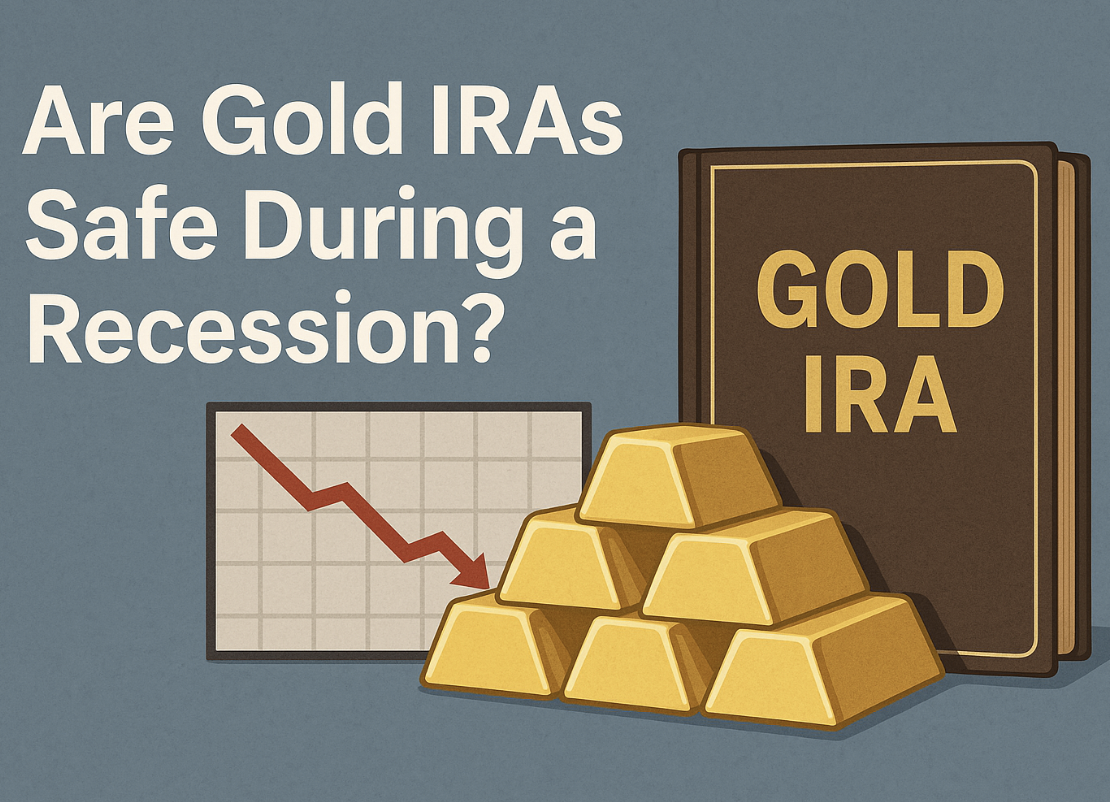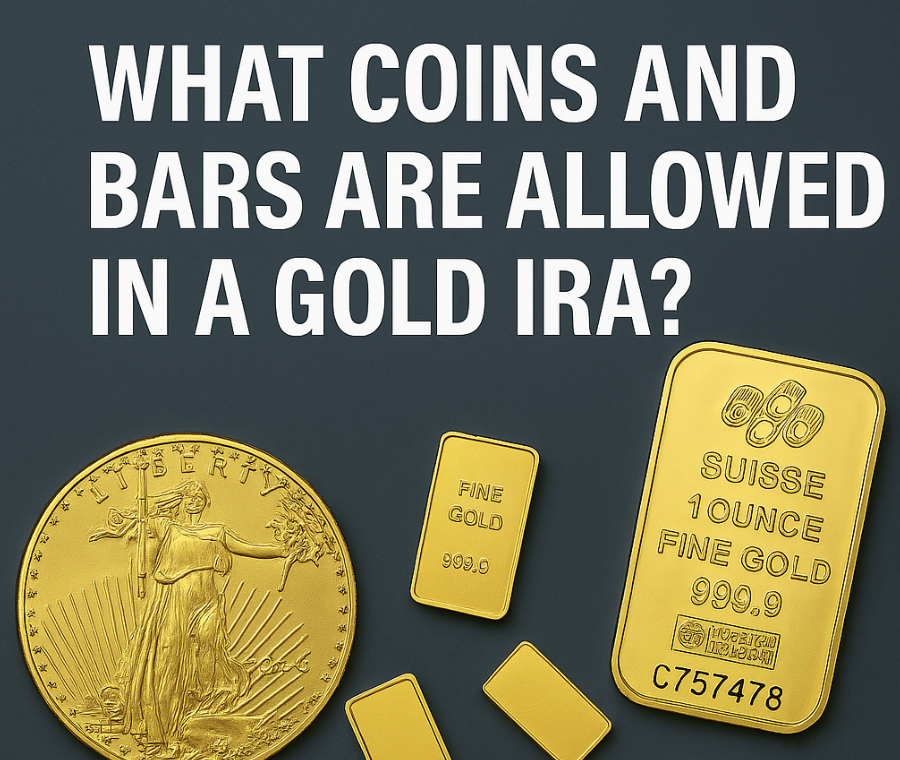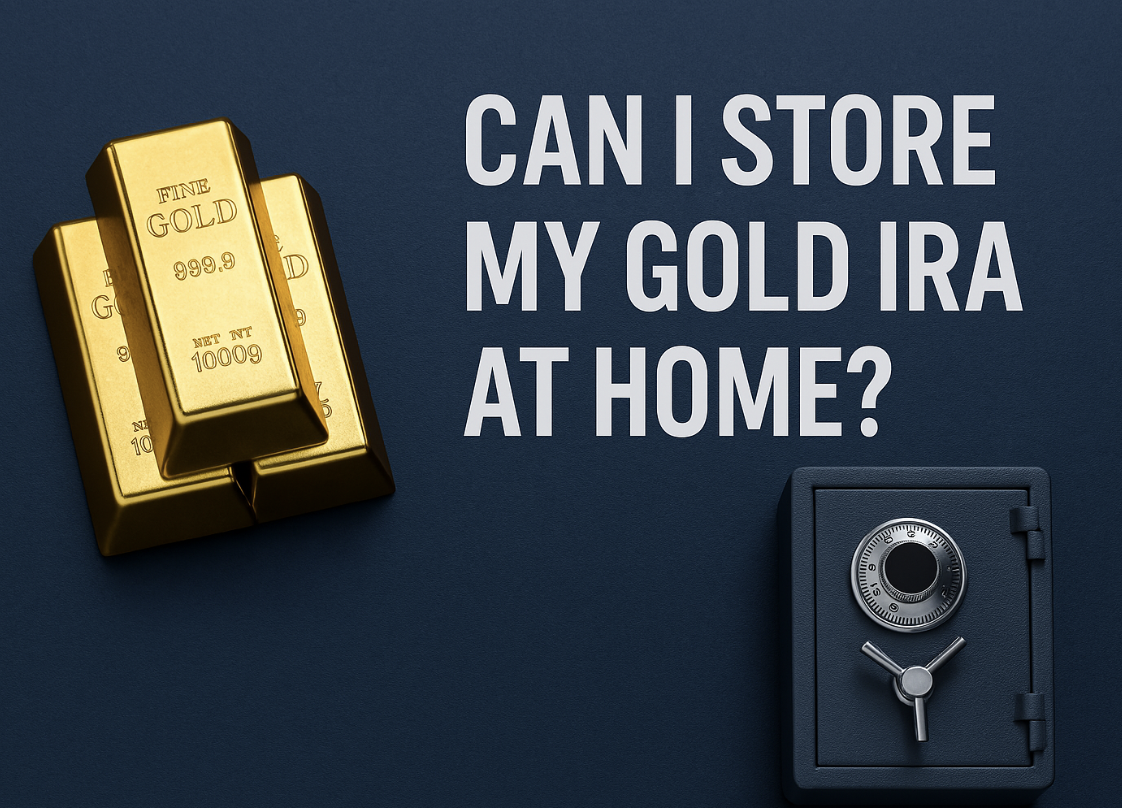
What Happens to My Gold IRA When I Retire?
A Gold IRA can be a valuable part of your retirement strategy, but what happens to your Gold IRA when you retire? Understanding the options available for withdrawing or rolling over your gold investments can help you make informed decisions about how to access your retirement funds. In this article, we will discuss the key steps you need to take and the different ways to handle your Gold IRA after retirement.
What Is a Gold IRA?
Before diving into the options at retirement, it’s important to understand what a Gold IRA is. A Gold IRA (Individual Retirement Account) is a self-directed retirement account that allows you to invest in physical gold, silver, platinum, and palladium. Unlike a traditional IRA, which holds stocks and bonds, a Gold IRA holds precious metals, offering protection from inflation and economic downturns.
Gold IRA Options When You Retire
When you retire, you have several options for managing your Gold IRA. These include withdrawing physical gold, rolling over the Gold IRA into another retirement account, or taking distributions in cash. Here’s a breakdown of each option:
1. Taking Physical Possession of the Gold
One unique feature of a Gold IRA is that, under specific circumstances, you can choose to take physical possession of the gold once you reach retirement age (typically 59½ years). This option is attractive for those who want to hold onto their precious metals directly, rather than leaving them with a custodian.
However, there are important things to consider:
-
Storage Fees: If you choose to take physical possession, you will need to store the gold in a secure location, such as a safe deposit box or a home safe.
-
Tax Implications: When you take possession of the gold, the IRS considers this a taxable distribution, and it will be subject to income tax. Additionally, you may face penalties if you are under 59½ years old.
2. Rolling Over Your Gold IRA into a New Retirement Account
If you don’t want to take possession of the gold but want to continue enjoying the tax advantages of a retirement account, you can roll your Gold IRA into another qualified retirement account, such as a Traditional IRA or a Roth IRA. This is a tax-free event as long as you follow the IRS rules for rollovers, which require that the funds be transferred directly between custodians.
A rollover allows you to keep your investments in gold while changing the structure of your retirement portfolio.
3. Cash Distributions from Your Gold IRA
Another option is to liquidate your gold holdings and take the proceeds in cash. This allows you to access the funds for living expenses, while still adhering to the rules surrounding retirement accounts. However, it’s essential to note:
-
Tax Consequences: Liquidating your gold holdings means you will need to pay income tax on the proceeds, as it is considered a taxable distribution.
-
Market Conditions: The price of gold can fluctuate. If you choose to sell your gold during a downturn in the market, you may not get the optimal price.
4. Leave Your Gold IRA with Your Current Custodian
If you do not wish to make any immediate decisions, you can leave your Gold IRA with your current custodian. This will allow your gold holdings to continue growing in value, benefiting from potential future price increases in gold. Many retirees choose this option because it offers simplicity and keeps the gold investment intact.
How to Withdraw Funds from Your Gold IRA
If you decide to withdraw funds from your Gold IRA when you retire, you need to follow a few key steps:
-
Contact Your Custodian: Notify your Gold IRA custodian of your intention to withdraw or roll over funds.
-
Request a Distribution: Whether you want physical gold, cash, or a rollover, make sure to specify how you would like to receive the funds.
-
Understand the Tax Implications: Be aware of the tax consequences of your withdrawal, whether it’s a physical distribution or a liquidation of your gold for cash.
Tax Implications of Withdrawing from a Gold IRA
Any withdrawal from your Gold IRA, whether it’s in gold or cash, is subject to tax:
-
Traditional IRA Gold Withdrawals: If you have a Traditional Gold IRA, the funds you withdraw will be taxed as ordinary income. If you are under 59½ years old, you may also incur a 10% early withdrawal penalty.
-
Roth IRA Gold Withdrawals: If you have a Roth Gold IRA, qualified withdrawals are tax-free, but they must meet specific conditions, such as the account being open for at least five years.
Final Thoughts: Managing Your Gold IRA in Retirement
When retirement arrives, a Gold IRA can offer a variety of options to help manage your assets. Whether you decide to take physical possession of your gold, roll it over into another retirement account, or cash out your holdings, it’s important to understand the tax consequences and legal rules governing these decisions.
Consult with a financial advisor to determine the best option for your retirement needs, and ensure that your Gold IRA aligns with your broader financial goals.


